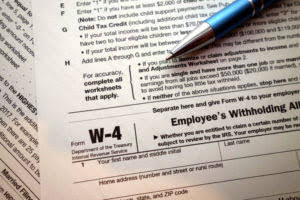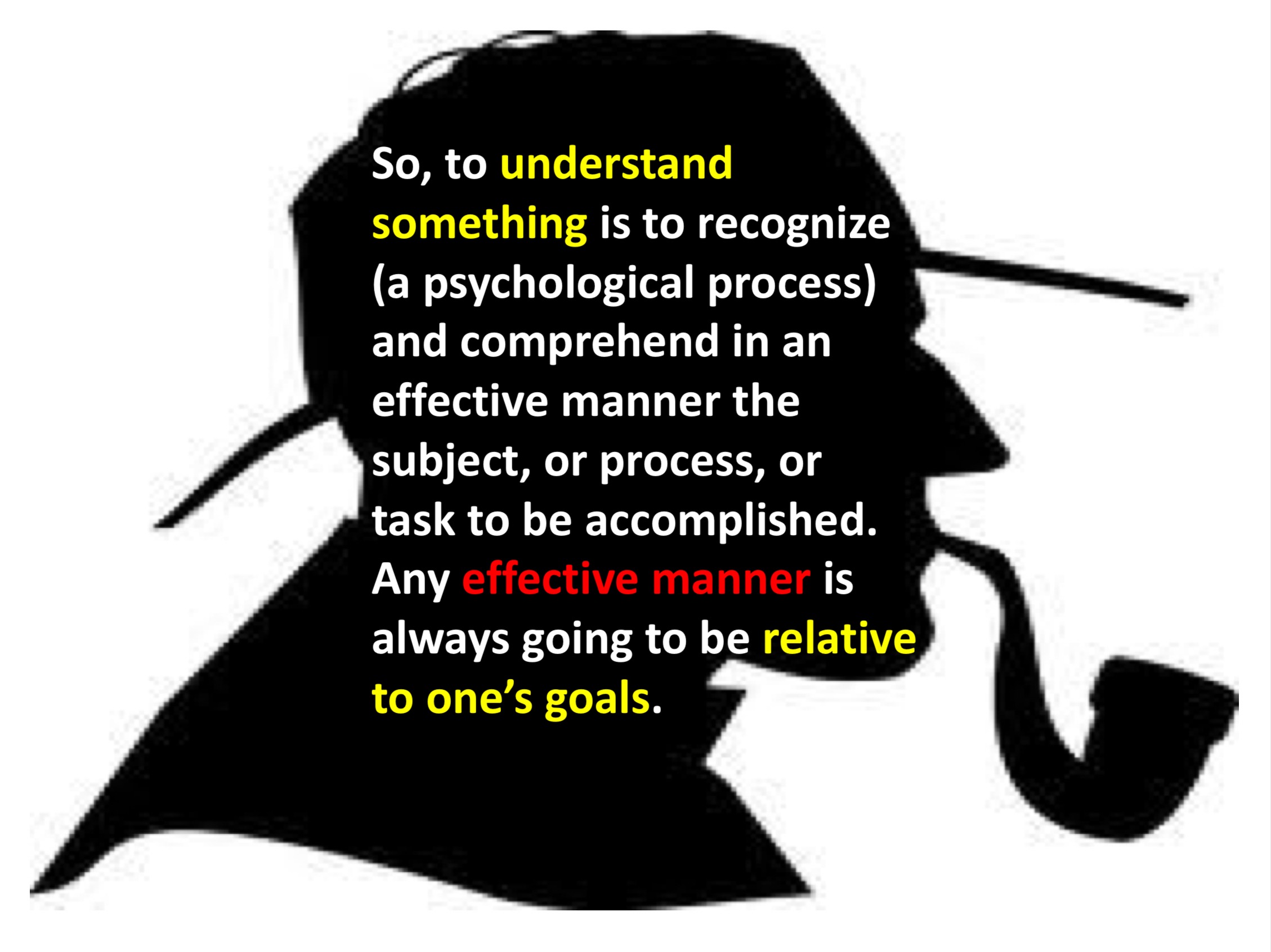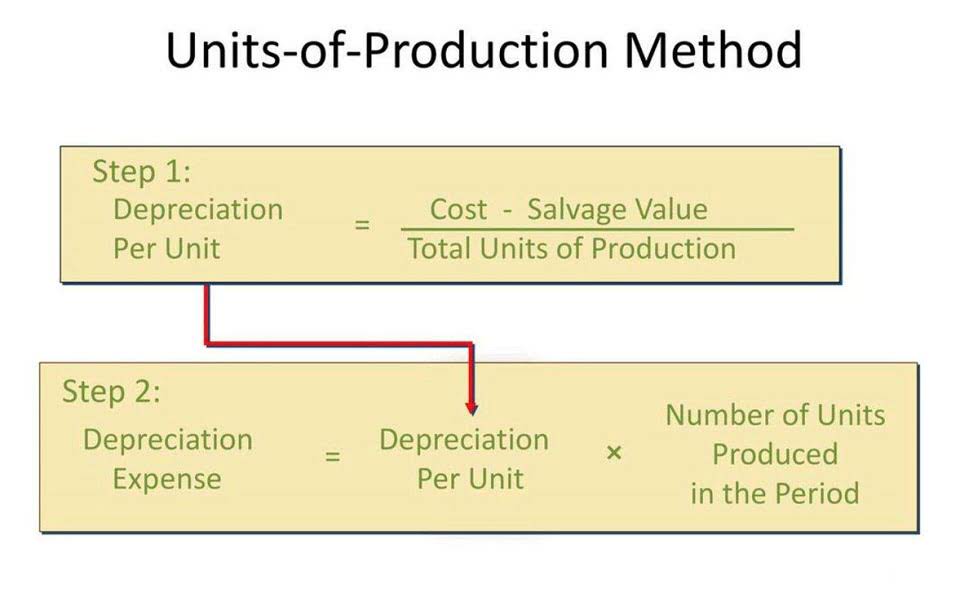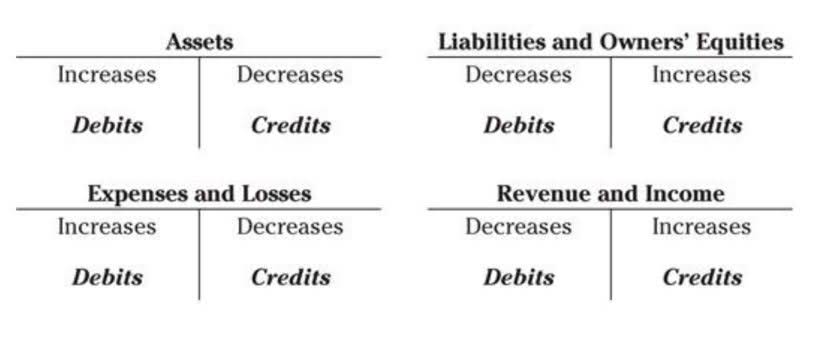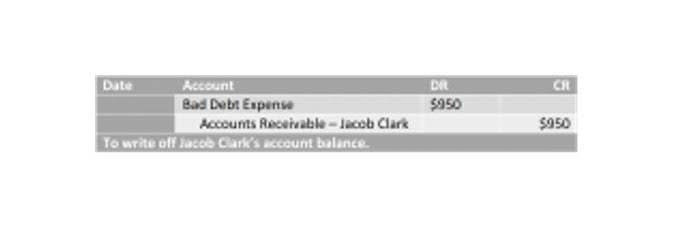
They are shown in shareholders’ equity on the balance sheet and indicate the Record Keeping for Small Business amount reinvested in the company. Retained earnings, a crucial component of financial statements, play a significant role in measuring a company’s financial health and stability. These earnings represent the portion of net income that a company has not distributed to its shareholders as dividends. Instead, they are retained and reinvested back into the business, thereby contributing to its growth and long-term success. Retained earnings are vital for both internal and external stakeholders, providing valuable insights into a company’s profitability, financial position, and ability to generate future earnings. Retained earnings represent the cumulative amount of net income that a company has reinvested in itself rather than distributing it to shareholders as dividends.

Retained Earnings vs Revenue: Definition, Formula, and Financial Statement Placement

Contributed capital and retained earnings are two fundamental elements that make up a company’s equity on its balance sheet. The dynamic interplay between these two components plays a crucial role in a company’s financial health and sustainability. Retained earnings represent accumulated profits kept by a company after paying expenses and which is a subcategory of retained earnings? dividends, shown on the balance sheet.
- It can also improve the company’s credit rating, making it easier and cheaper to secure additional financing if needed.
- In the same period, the company issued $2.82 of dividends per share, while the total earnings per share (diluted) was $18.32.
- This calculation reflects the cumulative nature of retained earnings, showing how profits are accumulated over time.
- Retained earnings are a component of shareholders’ equity, appearing on the balance sheet.
- As retained earnings contribute to the growth of the business, shareholders stand to benefit from capital appreciation and potentially higher dividends in the future.
- Non-current assets are long-term resources that are not expected to be converted into cash within a year, such as Property, Plant, and Equipment, Intangible Assets, and Investments.
What are the main account categories in accounting?

Equity represents the owner’s interest in the business, calculated as the difference between assets and liabilities. Understanding equity is essential for evaluating the companys net worth and financial health. Retained earnings are not just a reflection of a company’s past success but a foundation for its future growth. They allow businesses to self-fund their expansion, reduce reliance on external financing, and maintain control over their strategic direction. The symbiotic relationship between retained earnings and contributed capital is evident, as both are essential for a company’s development and long-term success. unearned revenue The interplay between retained earnings and contributed capital is crucial for a company’s growth and sustainability.
- Positive retained earnings signify financial stability and the ability to reinvest in the company’s growth.
- As an investor, one would like to know much more, such as the returns that the retained earnings have generated and whether they were better than any alternative investments.
- Retained earnings, a crucial component of contributed capital, serve as a reservoir for a company’s accumulated profits over the years.
- Retained earnings represent the portion of net income that is held back in the company to reinvest in core business operations or to pay down debt.
- For instance, if a company generates a net income of $50,000 during the accounting period, it would be added to the beginning retained earnings.
- It is important to distinguish revenue from gains, which are derived from non-operational activities.
Common Stock
Cash dividends represent a cash outflow and are recorded as reductions in the cash account. These reduce the size of a company’s balance sheet and asset value as the company no longer owns part of its liquid assets. Retained earnings also provide valuable insights into a company’s profitability and financial stability. A consistently growing balance of retained earnings indicates that a company is generating profits and effectively reinvesting them for future growth.
- A portion of the RE balance may be legally or contractually restricted, a concept known as appropriated retained earnings.
- Liabilities are obligations that a business owes to external parties, which must be settled in the future.
- Effective expense management involves monitoring and controlling costs to ensure the business remains profitable.
- For instance, the first option leads to the earnings money going out of the books and accounts of the business forever because dividend payments are irreversible.
- When retained earnings are appropriated, the company makes an accounting entry to transfer the specified amount from retained earnings to a separate appropriations account.
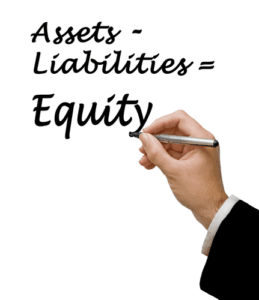
Yes, having high retained earnings is considered a positive sign for a company’s financial performance. Building a cushion of retained earnings acts as a safety net during economic downturns or unforeseen crises. It provides a financial buffer that can help a company withstand challenging times without resorting to drastic measures like layoffs or asset liquidation. It can also improve the company’s credit rating, making it easier and cheaper to secure additional financing if needed. High Paid-In Capital, however, suggests a reliance on external funding rounds or a significant initial public offering (IPO).





